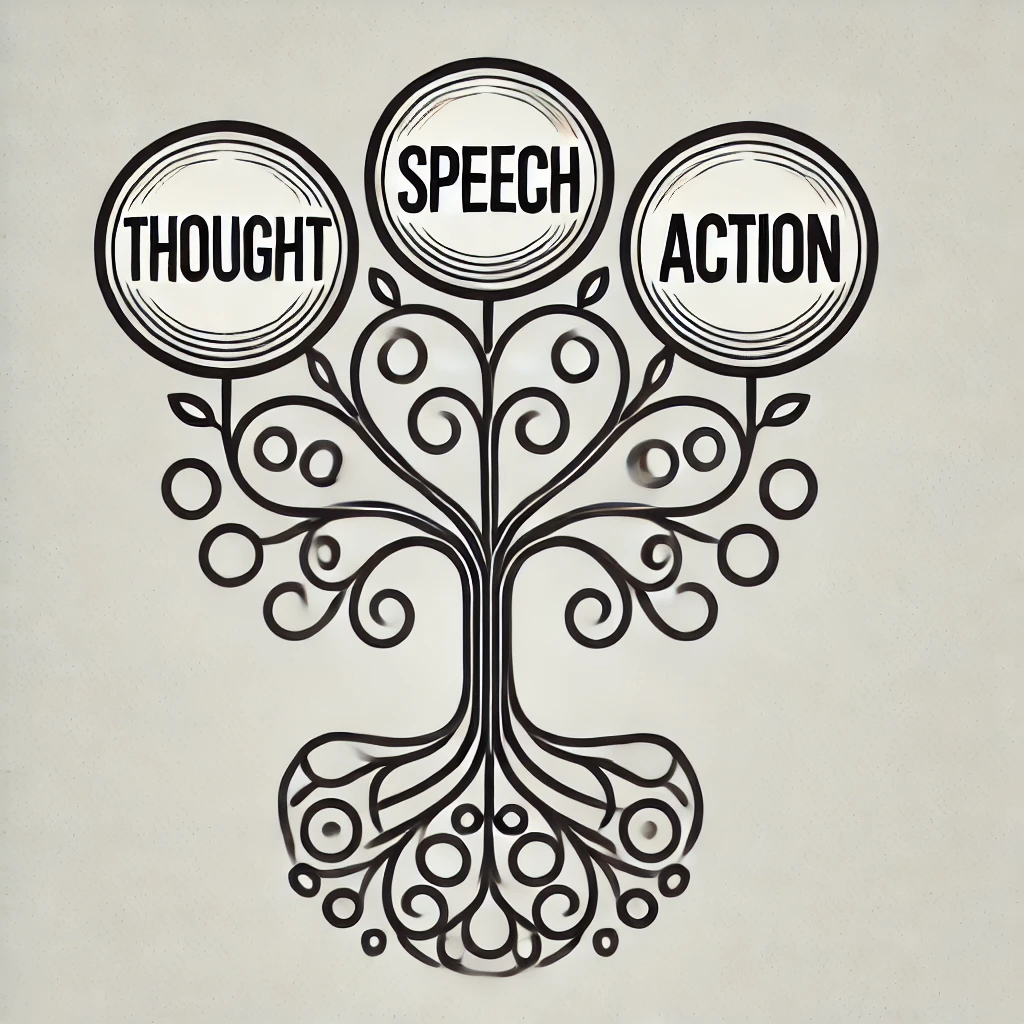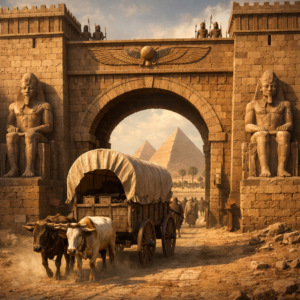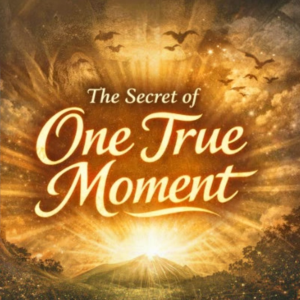The Power of Thought, Speech and Action; Moshe’s Legacy
This week’s parshah is a double reading: Nitzavim and Vayeilech.
Nitzavim mostly focuses on the understanding that if we serve HaShem, we will be blessed—very blessed. It tells us that HaShem knows our thoughts and that we should be careful about what we think and do.
Rebbe Nachman teaches (Likutey Moharan I, 66:4) that there are basically three stages in anything we do: thought, speech and deed. He then quotes a Zohar which teaches that every thought is actually verbalized into speech, as a thought cannot develop into a deed unless it first passes through the lips.
It is the spoken word that leads to accomplishments. Therefore, Rebbe Nachman teaches that a person should always verbalize his thoughts clearly, and this is done through prayer. In other words, a person should always articulate his thoughts and turn them into a prayer for what he wants to accomplish. This will help actualize his good thoughts.
It is also understood that bad thoughts can be verbalized and lead to negative outcomes. Therefore, a person should strive to think positively so that his good thoughts can be actualized.
Vayeilech, on the other hand, recounts Moshe’s final message to the Jews. This message is mainly found in next week’s parshah, Ha’Azinu, the song Moshe Rabbeinu composed, which tells the future—the dark side and the beautiful and wonderful finale—of the Jewish nation. The verses in Vayeilech state that Moshe Rabbeinu is quite aware that the Jews will sin and stray from the path of serving HaShem, leading to sin and even idolatry. This idolatry can be anything that possesses a person: money, immorality, honor, power, haughtiness, etc.
Reb Noson points out Rashi’s teaching that the Jews served HaShem all the days of Yehoshua and the Elders who survived Yehoshua. What, then, was Moshe’s prophecy? Rashi explains that as long as a student survives, it is as if the teacher lives on. Thus, Moshe doesn’t “die”—he lives on in his followers.
So too, it is today. If the followers recognize the rabbis and teachers of previous generations and follow the Torah as they taught it, then that rabbi, rebbe or teacher is still alive through their students. If we disconnect from our forebearers, then we are “off the path” and open to any form of destruction—self-destruction.
Vayeilech thus directs us to look towards HaShem, to return to Him and the ways of our forefathers and to follow the path taught by Moshe Rabbeinu. The validity of the Torah needs no proof; the fact that it has remained a vibrant guide, sustaining the Jewish people through their long exile and leading to their imminent salvation, speaks for itself. Amen.
- 0 comment






















